The term prebiotics is making a name for itself in the world of non-pharmaceutical healthy products for your body. Even dieticians and doctors favor this food group for the numerous health benefits it brings.
Some people, luckily, have never had to hear the word prebiotics from a medical expert yet. However, these foods are insanely good for your body, meaning you should add them to your diet. To do that, you first need to know what they are, how they're beneficial, and which foods contain them.
Here's a detailed guide to everything you need to know about prebiotics. Hopefully, by the end of it, you'll be eating prebiotics every day!
What Does ‘Prebiotics' Mean?
Remember the nutrient, fiber, that passes through your body as it is without being digested? That nutrient has many benefits for your body, which we'll discuss later. For now, let's talk about where this nutrient comes from.
Fiber comes from carbs, a specific type of carbs, to be precise. These carbs that provide fiber aren't present in every kind of food. So, the ones that do contain these carbs are called prebiotics.
Prebiotics are essential for the body if you don't want to spend hours on the toilet seat due to constipation. In other words, they're what keeps your gut microbiome going. The sound of ‘bacteria' in your body might scare you, but there are many good bacteria there, too.
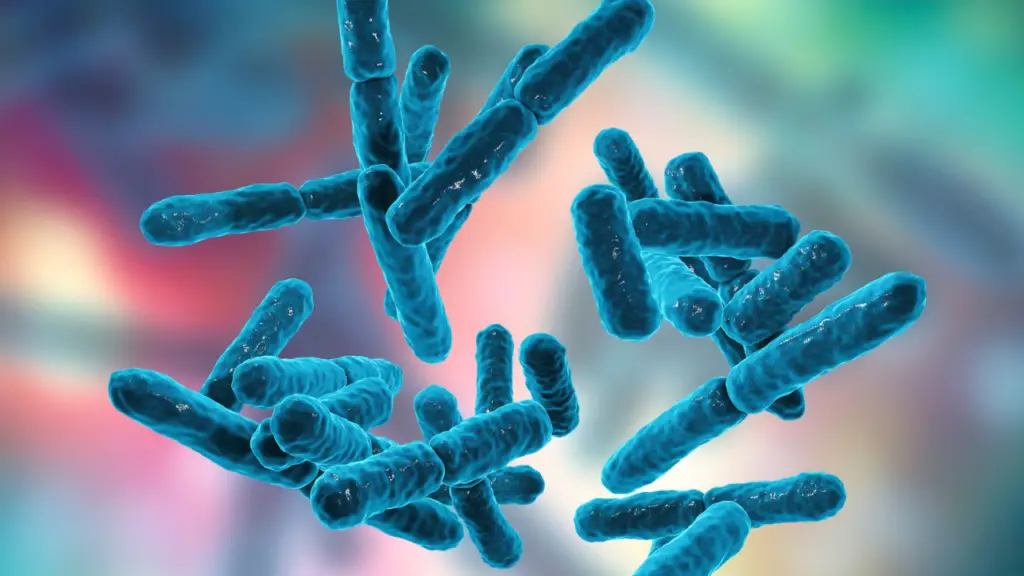
Those good bacteria are responsible for keeping your digestive system intact and healthy. So, the function of prebiotics in the body is to act as food for the gut microbiota. You can't digest prebiotics. On the other hand, they help healthy bacteria grow and thrive in your digestive tract.
Gut microbiota doesn't jump on everything you feed your body that contains fiber. Neither is it eating single asparagus or overdosing on foods with these fermentable fibers.
When you eat a specific class of fermentable fiber, bacteria, upon ingesting, produce healthy byproducts. And these fermentable fibers are thus called prebiotics. It is best to have a balanced portion of prebiotics in your meals every day for your body to be at its best.
Are Prebiotics and Probiotics the Same Thing?
They sound similar, but prebiotics and probiotics are not the same things at all. As mentioned above, prebiotics is a source of food for gut microbiota. Alternatively, probiotics are yeast or bacteria you ingest that have health benefits for your body.
They're found in foods and supplements as well, like prebiotics. However, while prebiotics is carbs as a food source for bacteria, probiotics are the bacteria themselves. Think of yogurt; that's a probiotic because it has live bacteria in it, and you're eating that bacteria.
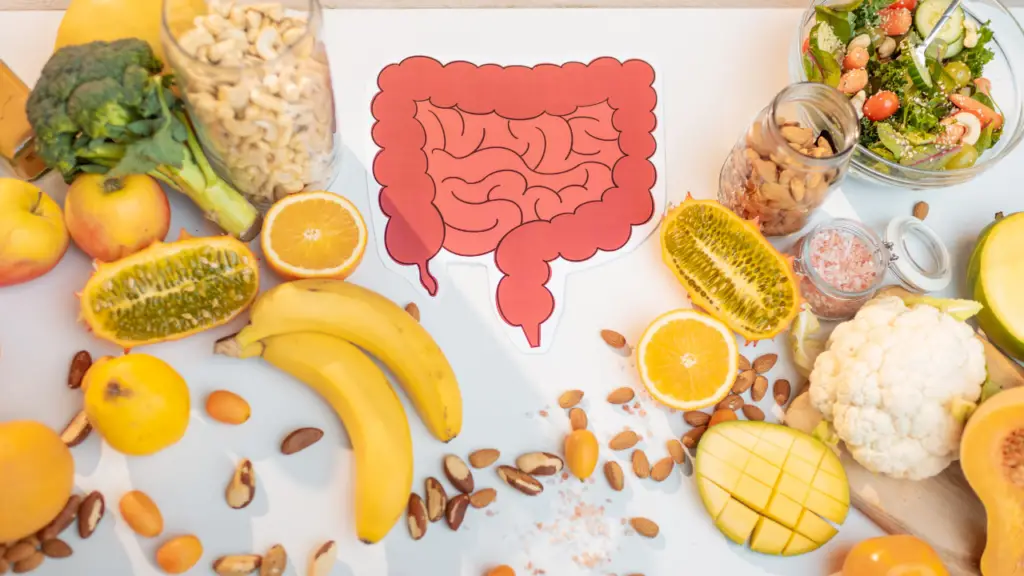
Prebiotics and probiotics have their differences, but they're both needed for a healthy body. You can't take out one and expect your body to function just as well as before. There's a lot that's still uncertain when it comes to prebiotics.
We do know for sure that you need to have a balanced diet containing both. Your body should be getting its daily dose of live bacteria and the food that helps that bacteria grow.
Health Benefits of Prebiotics
Researchers have not yet studied the benefits of prebiotics in the human body as extensively as probiotics. There's still a lot of room for medical studies needed on this nutrient and its effects.
Several studies do suggest the correlation between regulating various body functions and prebiotics. The findings suggest the following benefits, but more studies are needed to establish solid results:
- Better reabsorption of minerals such as calcium.
- Strengthening the gut barrier keeps harmful toxins, bacteria, and viruses out.
- It creates strengthening of the immune system due to increased healthy bacteria population.
- Stimulation of good bacteria, leading to increased metabolism and digestion.
- Higher food fermentation, reducing the occurrence of constipation.
- Cholesterol-lowering properties due to increased production of SCFAs (short-chain fatty acids).
15 Foods That Contain Prebiotics
Fruits
Berries:
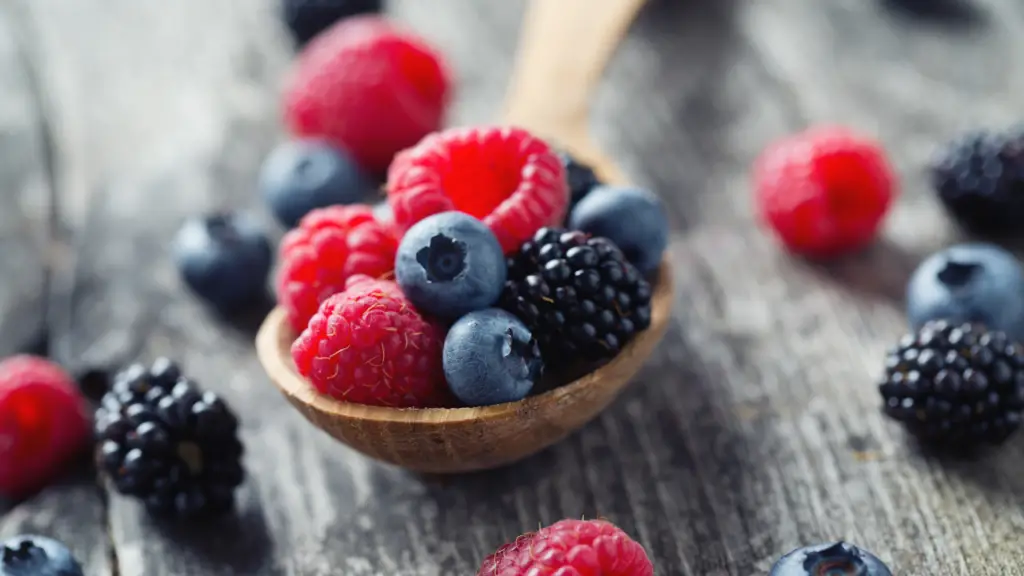
The family of berries proves that they belong to the healthy foods group once again. Frozen or fresh, it doesn't matter; all sorts of berries provide various nutrients. With the high amount of polyphenols in a handful of these yummy fruits, they're your digestive system's best friend.
Bananas:
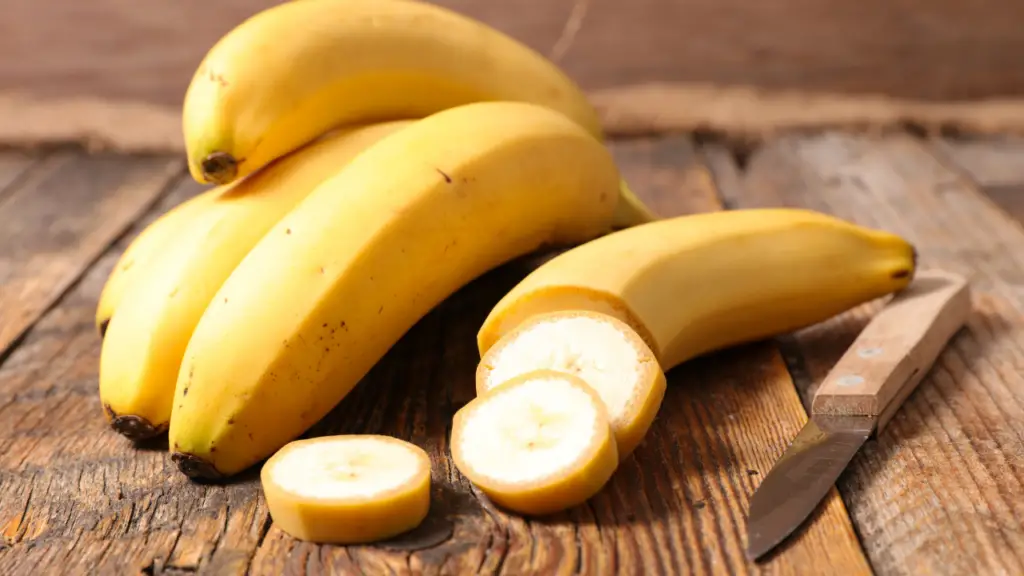
Have you heard of how a single banana is packed with proteins, making it a great on-the-go breakfast option? This fiber-rich fruit keeps your digestive system on track and contains large amounts of minerals and vitamins. Also, the high amounts of resistant starch in bananas create a prebiotic effect in the body.
Apples:
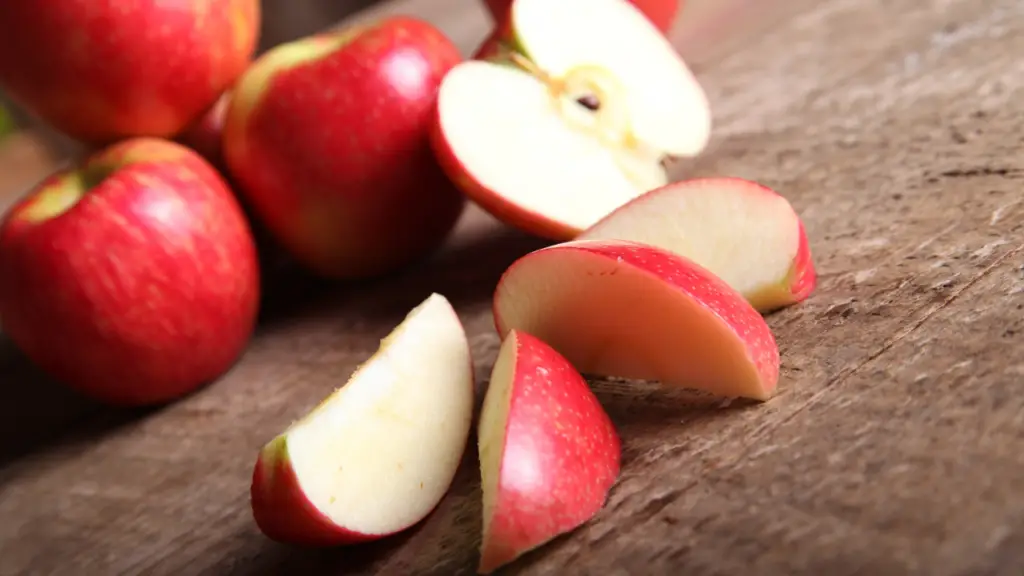
The ancient saying “an apple a day keeps the doctor away” stands accurate to this day. The soluble fiber in apples, which provides the prebiotic effect, is called pectin. While more research is needed, studies suggest that apples have several health benefits, including stimulating good gut bacteria, reducing inflammation, and lowering the risk of cardiovascular diseases.
Vegetables
Onions:
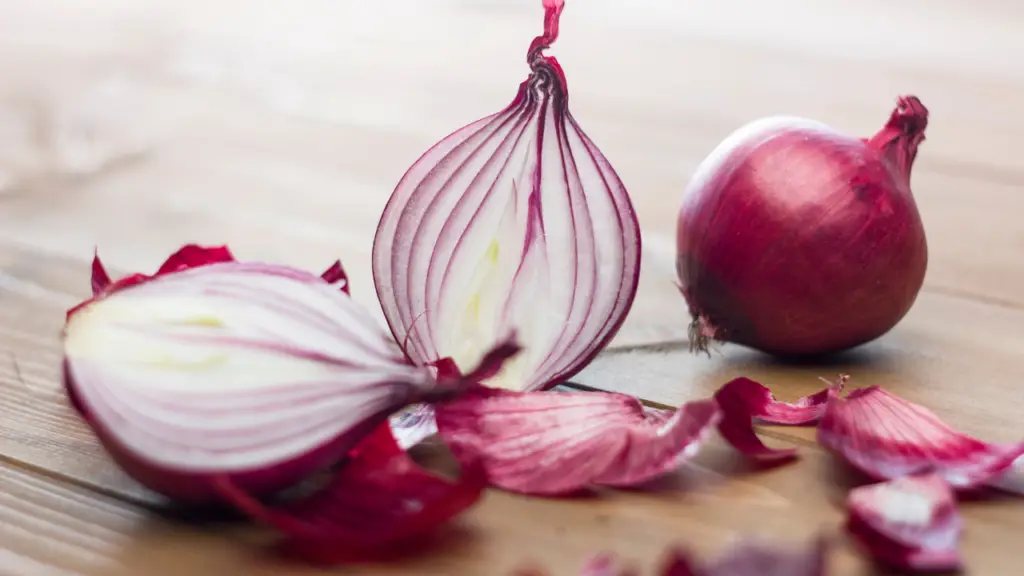
The versatility of onions across dishes and cuisines has made this vegetable a global favorite. Another reason it should always be on your grocery store list is its prebiotic properties.
Onions taste somewhat like garlic with that sharp and intense flavor, and they both have inulin, another prebiotic type. Your gut flora will be thanking you once you start cooking delicious and healthy recipes with this ingredient.
Garlic:
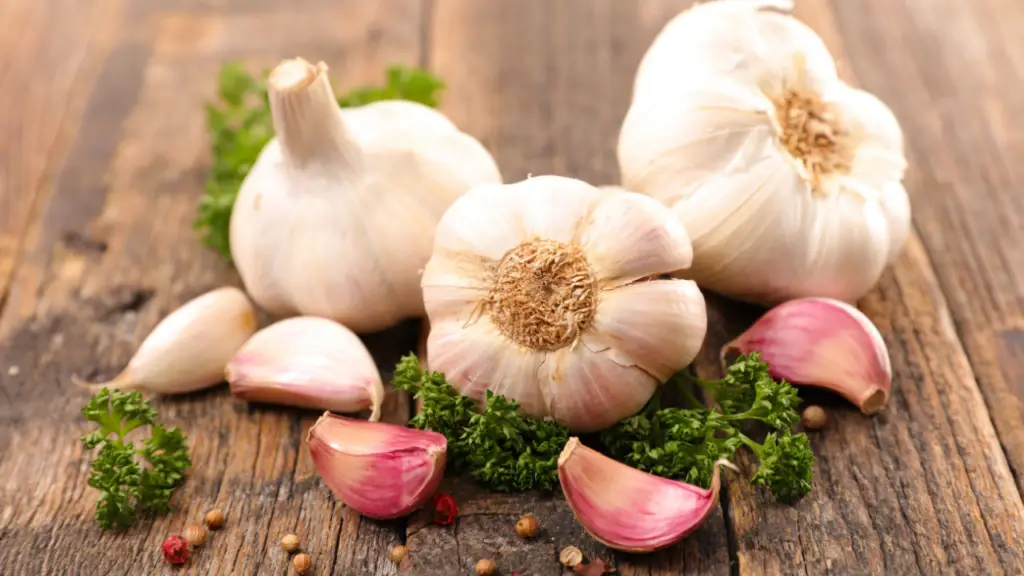
This flavorful herb doesn't only make Dracula run for his life, but harmful disease-causing bacteria in your gut as well. Besides prebiotic effects, garlic reduces the risks of tumors, cardiovascular diseases, and blood sugar levels.
Add garlic to any savory meal, and it will instantly bring your tastebuds to life.
Chicory Root:
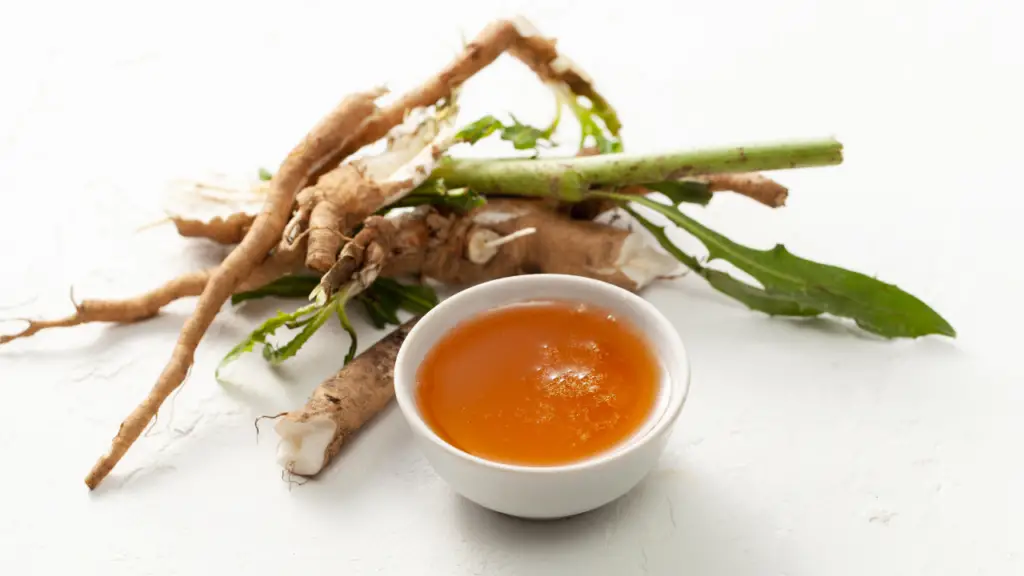
As the name suggests, chicory root is a root vegetable. This vegetable has been used since ancient Egyptian times for its medicinal benefits. Medical experts praise this root vegetable for its massive prebiotics – 68% fiber.
Whether you're a diabetes patient or suffer from recurrent constipation, chicory root is the answer to your problems.
Jerusalem Artichoke:
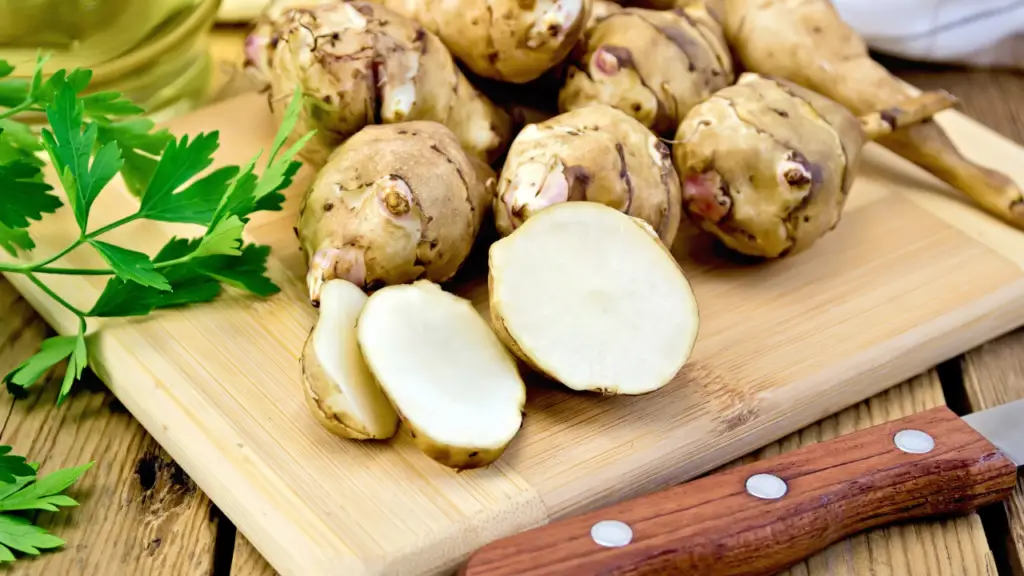
Another name for this root vegetable is sunchoke because of its dependency on the sunflower family. Jerusalem artichokes look like sunflowers and also act as a ray of sunshine for your body.
By promoting the growth of healthy bacteria, Jerusalem artichokes are excellent for your digestive health. Not only that, but say goodbye to vitamin B deficiency, high cholesterol, and metabolic problems by eating these every day.
Asparagus:
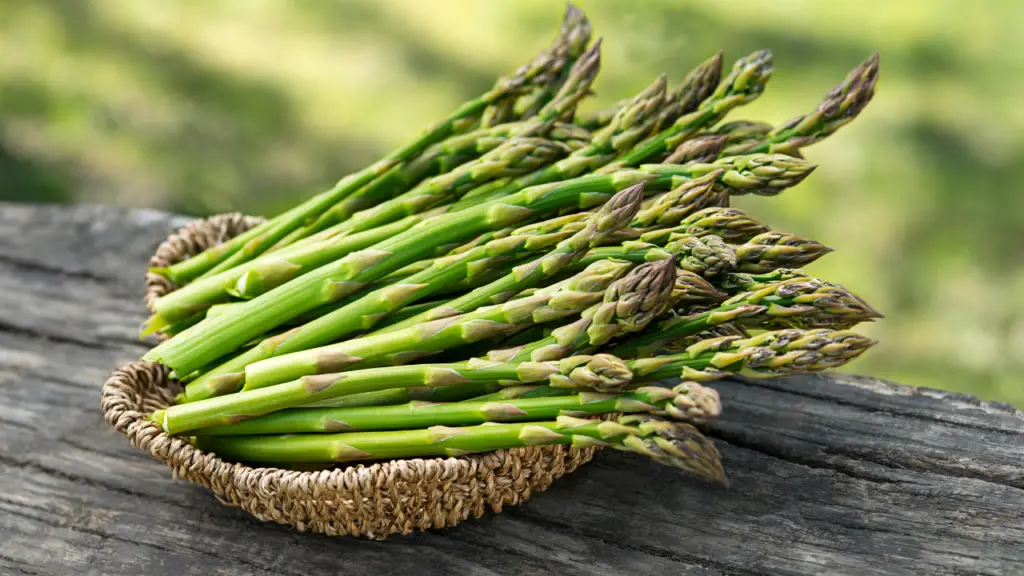
Another vegetable in the food class that brings vibrant color and earthy flavors to the dish. Your pee might smell fishy after eating asparagus, but your body is at its best from the inside.
The inulin amount, anti-cancer, and anti-inflammatory properties make this a vegetable that belongs on your table the whole year-round. Don't stick to springtime dishes with this vegetable only.
Leeks:
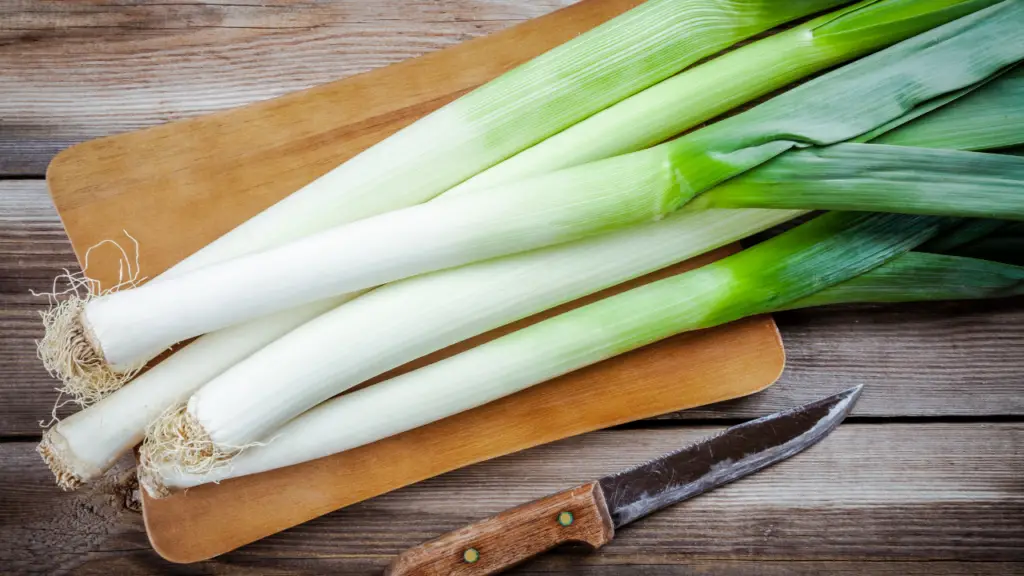
An onion and garlic family member, leeks add that rich, onion-like flavor to any dish. Take the flavor levels in your soups, stews, and pasta, a notch up by adding a handful of leeks.
You're not only getting a mild oniony flavor but tons of nutrients in your meal with leeks. Due to their prebiotic nature, leeks increase the growth of bacteria that's good for your gut.
Legumes and Lentils
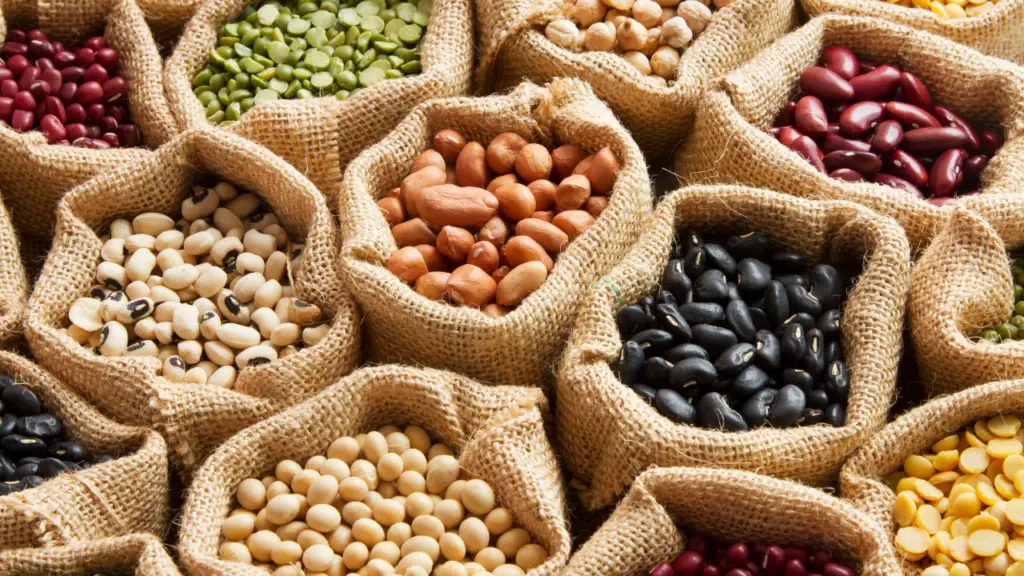
Jack and the beanstalk taught us many lessons, one of which is that magic beans exist. Now, typical legumes can't grow sky-high beanstalks in your backyard. However, they are magical in terms of the many benefits they come with.
Suppose you've been steering away from legumes because they're not flavorful; time to reconsider. There are tons of delicious recipes for legumes. Plus, you don't want to miss out on the advantages it brings to the growth of healthy gut microbiota.
When selecting selective ingredients, choose chickpeas, kidney beans, baked beans, and lentils for their prebiotic-rich properties.
Whole Grains
Whole grains:
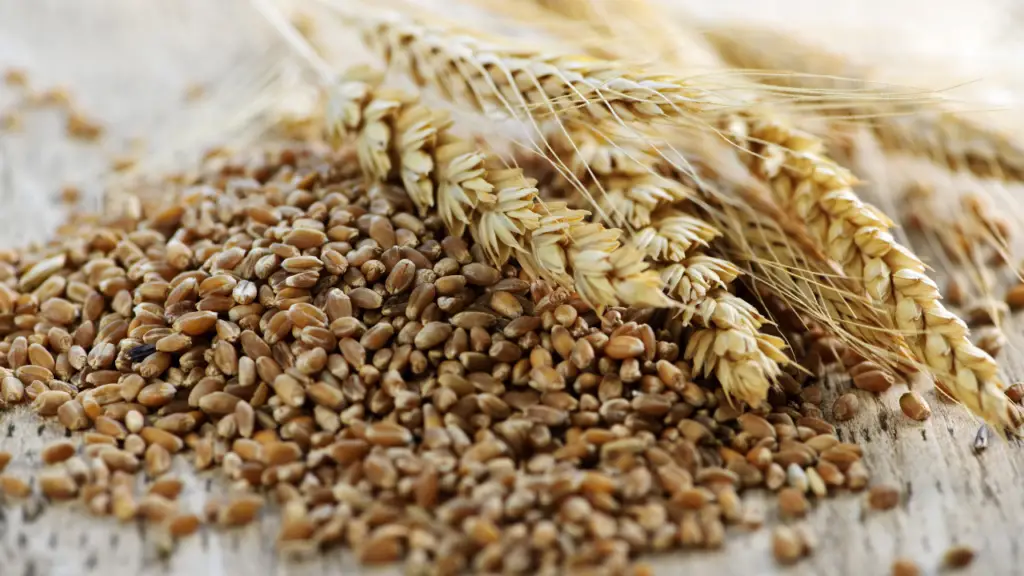
Not all whole grains have the superpower of prebiotics. But if you're heading to the grocery store, look for wheat, barley, rye, and wheat bran. These famous cereal grains are your one-way ticket to loaded prebiotics and nutrients.
Have a bowl of cereal in breakfast, and you're giving multiple beneficial nutrients and a great start to the day.
Oats:
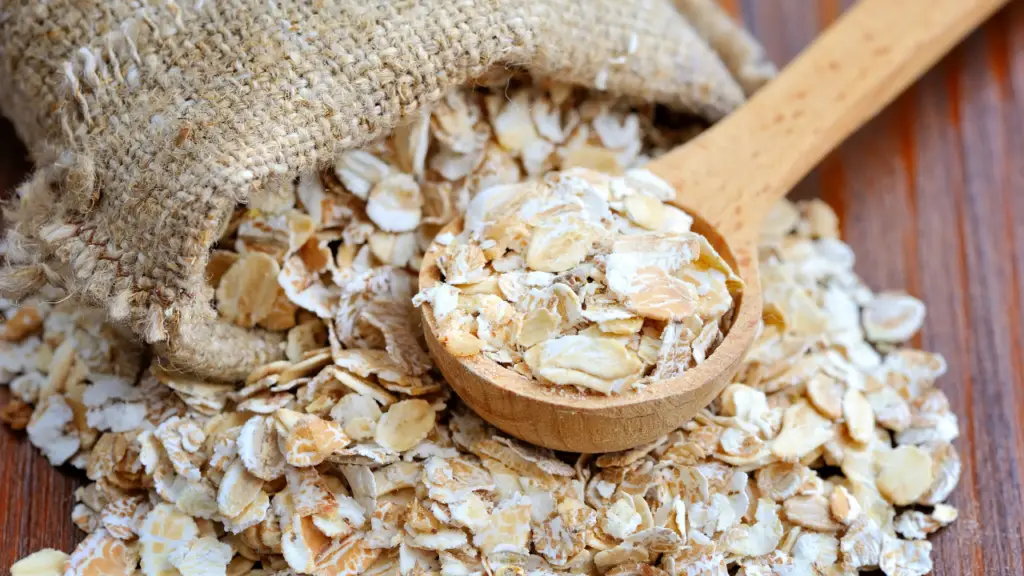
Find your favorite oats breakfast recipe and start cooking because you're in for a treat. First things first, refined oats contain small amounts of prebiotics as well. However, it's best to add whole oats to your diet for all that natural goodness.
Oats are a rich source of prebiotics, beta-glucan fiber, and resistant starch. Combining these makes oats one of the best nutrient-rich foods out there.
Other Products
Flaxseed:
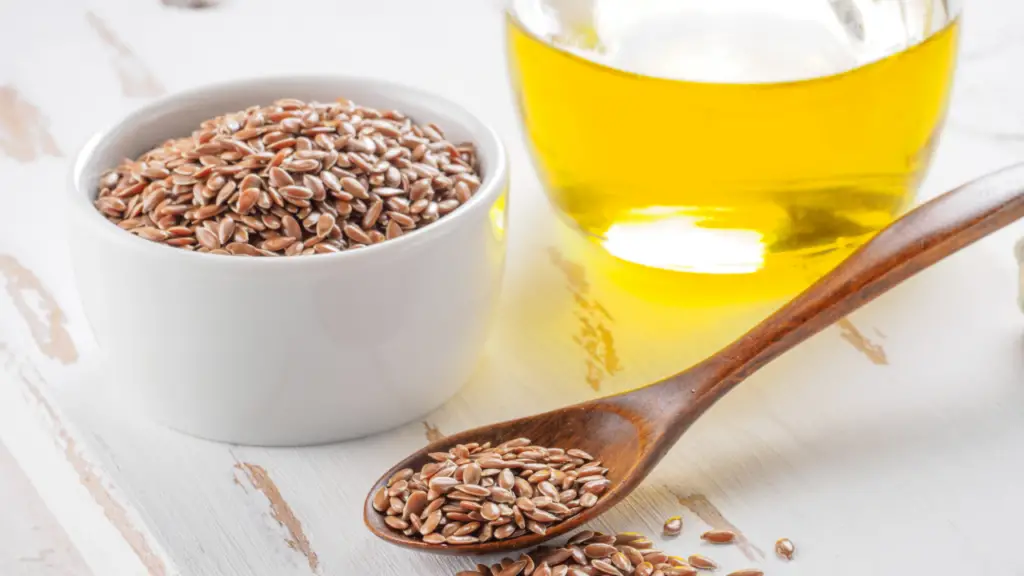
Most people on diets like gluten-free, vegan, vegetarian, etc., are big fans of this food already. It's time to get on board because there's another reason hiding behind these humble seeds.
A popular baking substitute for eggs, this food has a range of health benefits. A daily spoonful of flaxseeds in your diet can prevent the risk of cancer, heart issues, and blood sugar spikes. You'll also be looking at optimal bowel movement and healthy gut microbiota promotion.
Mushrooms:
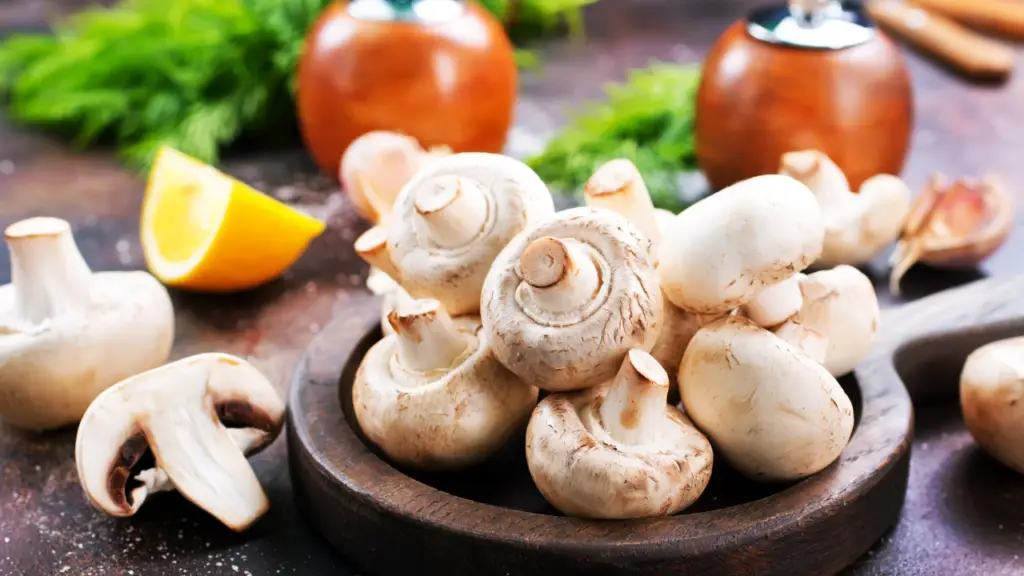
The mighty kings of the fungi family that come in all shapes and sizes have an esteemed position in prebiotics foods. Whether you're a white button mushroom lover or your heart belongs to the turkey tail, mushrooms are an excellent prebiotics source.
Not to mention they're delicious! Besides a healthy gut, mushrooms equip you with antioxidants that protect the body from numerous diseases like cancer.
Cocoa:
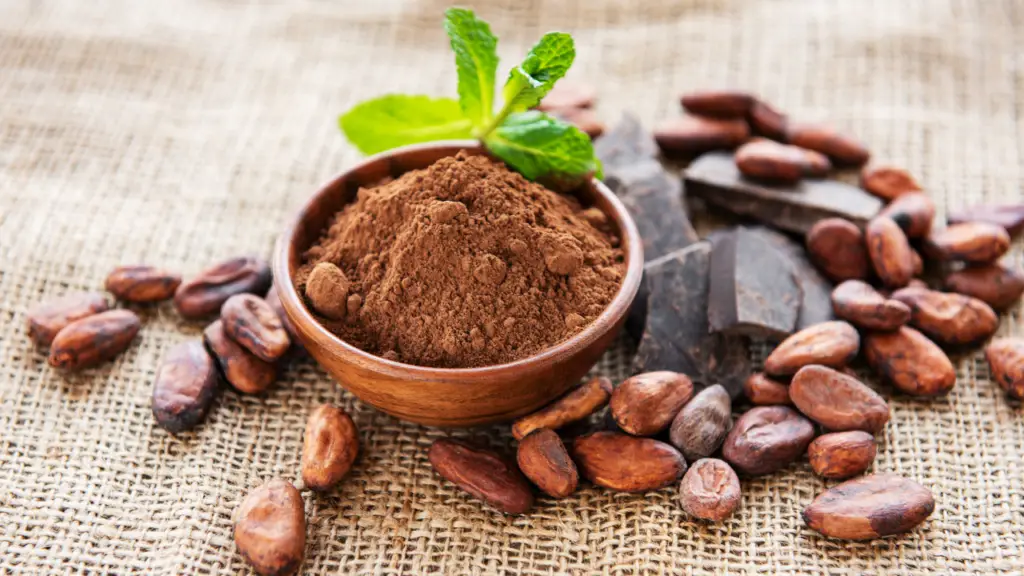
Grab that mug of hot chocolate because you're getting tons of healthy nutrients in it! Your parents may have hidden chocolates when you were a kid. It's time you add it back into your life for a tasty intake of prebiotics.
Originating from cocoa beans that are seeds of a tree, cocoa has heaps of flavanols, a type of polyphenol. Flavanol has a 2-in-1 role in promoting healthy bacteria and decreasing the growth of harmful bacteria, among other benefits.
Other Options for Prebiotics Besides Foods
You need to have 25 to 38 grams of fiber in your daily food intake. According to medical studies, 3-5 grams should be prebiotics from this range. Health experts recommend taking your daily dosage of prebiotics through foods enriched with this nutrient.
Artificial intake of prebiotics, i.e., supplements, is another method to add prebiotics to your diet. While prebiotic foods are always healthier in general, these can be another option.

Take prebiotic supplements only when advised by a doctor or if your daily prebiotic requirement isn't fulfilled. In the case of supplements, take one pill a day, usually containing 3-5 grams of prebiotics. Upon experiencing symptoms like gas or bloating, cut the dosage down immediately.
Final Words
Prebiotic foods make your gut happy, and ultimately life is better. When your digestive system is working efficiently, you'll see a much better quality of life. Don't shy away from using a combination of prebiotic ingredients in your meals.
Let's face it, only eating asparagus every day will make you bored of the whole ‘prebiotic life.' On the flip side, using different ingredients throughout your weekly meal plan will keep things exciting and nutritious.





